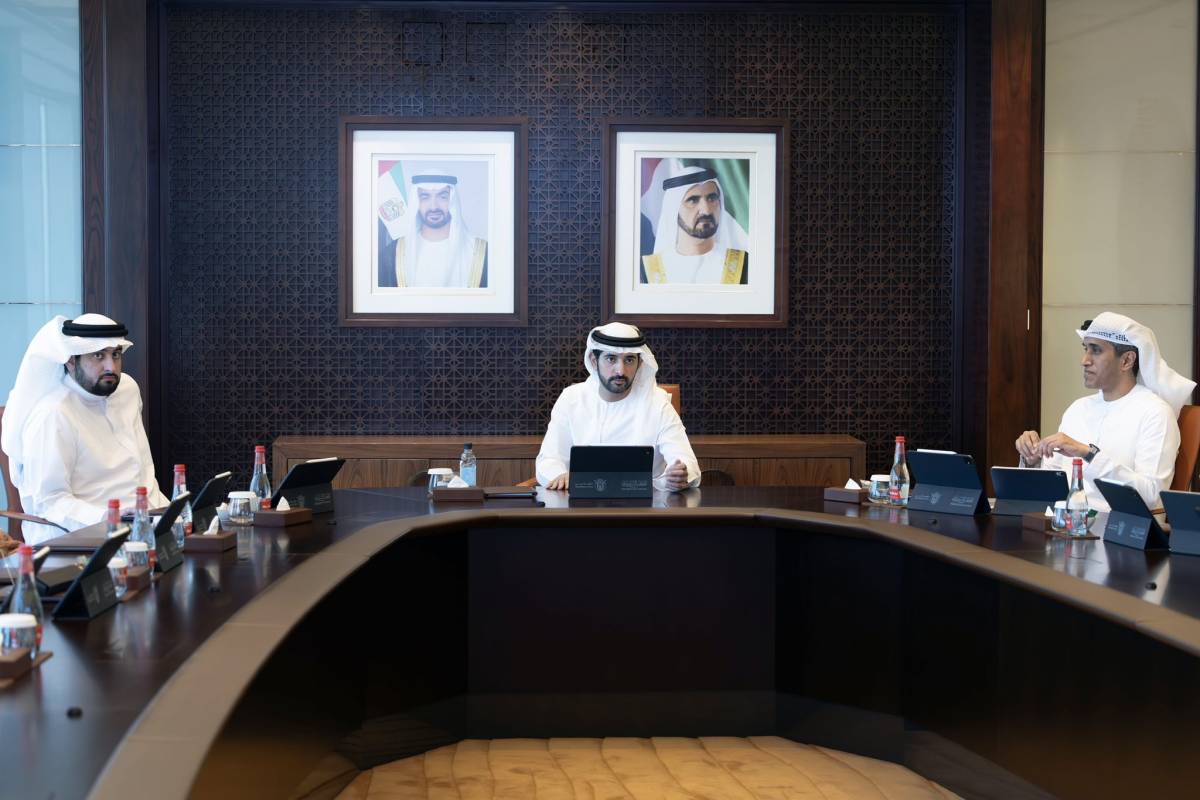Dubai unveils Super Block initiative to create car-free neighbourhoods
New strategy to prioritise pedestrians, cyclists, and community spaces in key residential districts

Dubai is set to transform key residential areas into car-free zones as part of its ambitious Super Block initiative.
Announced on Thursday, the plan prioritises pedestrians, cyclists, and green spaces, aligning with the Dubai 2040 Urban Master Plan.
Under this initiative, neighbourhoods such as Al Karama, Al Fahidi, Abu Hail, and Al Quoz Creative Zone will shift focus from vehicles to pedestrians. The transformation will enhance community interaction, increase green areas, and foster a healthier urban environment.
His Highness Sheikh Hamdan bin Mohammed bin Rashid Al Maktoum, Crown Prince of Dubai, Deputy Prime Minister, and Minister of Defence, announced the initiative on X (formerly Twitter), reinforcing the emirate’s commitment to sustainable development.
Further, we introduced the Super Block initiative to create car-free pedestrian-friendly neighbourhoods. The Unified Digital Platform initiative was also adopted to streamline government services offered through specialized platforms such as the Dubai Now app, Invest in Dubai for… pic.twitter.com/GZesV9hXqZ
— Hamdan bin Mohammed (@HamdanMohammed) February 6, 2025
Dubai’s Super Block initiative
The Super Block initiative is complemented by Dubai’s 6,500km pedestrian-friendly network, which will connect 160 areas across the city. This blueprint includes the construction of 3,300km of new walkways, rehabilitation of 2,300km of existing pathways, and the addition of 900km of new routes beyond 2040.
These efforts aim to promote soft mobility, reduce carbon emissions, and enhance pedestrian accessibility, making Dubai more walkable and environmentally friendly.
Dubai’s Green revolution
Dubai has also made significant strides in increasing its green spaces. In 2024 alone, the city planted 216,500 trees, a 17% rise from the previous year, translating to 600 trees per day. Green spaces expanded by 391.5 hectares, marking a 57% growth compared to 2023.
Further, 5.3 million seedlings of flowers and ornamental plants were planted, while 45 million seasonal flowers were replaced in cycles throughout the year.
World’s tallest well-being resort in the works
Dubai’s commitment to enhancing urban living also includes the Therme Dubai project, a Dh2 billion well-being resort at Zabeel Park. Set to open in 2028, it will house the world’s largest indoor botanical garden, an interactive park, and is expected to attract 1.7 million visitors annually.